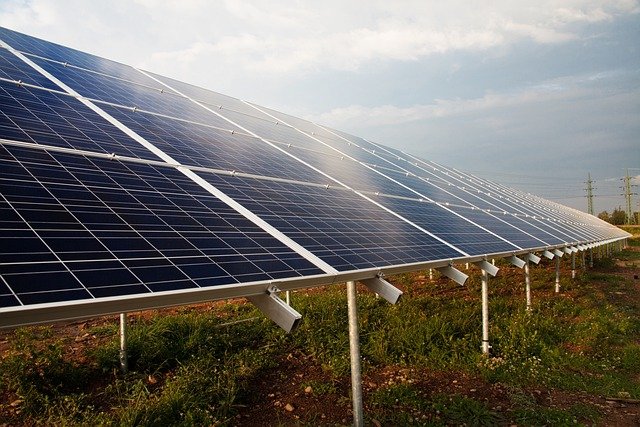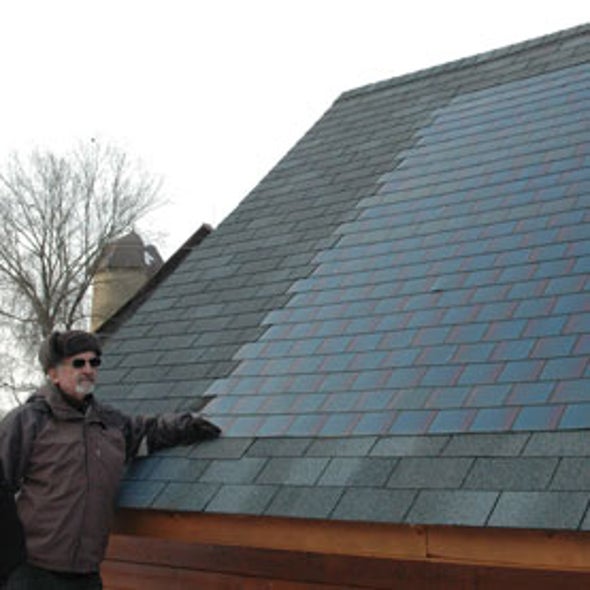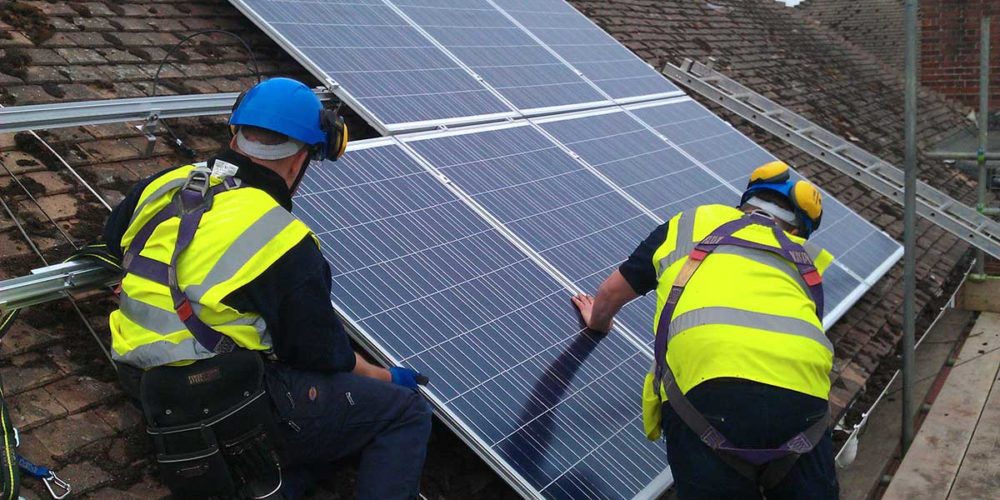
A sustainable energy definition means that energy is used and supplied in a way that minimizes the environmental impact. It includes economic, socio- and environmental factors. In essence, sustainable energy is energy that meets all our needs without compromising future generations' ability. It must be both environmentally safe and economically viable. This is a broad definition, and there are many other definitions.
Sustainable energy refers to energy supply and use that minimizes environmental harm
A form of energy that meets current needs and is not harmful to the environment is called sustainable energy. This energy source is renewable and free of harmful effects on the environment. Renewable energy sources are generally sustainable because they are plentiful and readily available.
Sustainable energy sources include solar, wind, water, and geothermal energy. They are renewable and can be replenished within a lifetime. Other sources of energy, such as advanced polymer composites and geothermal energy are examples of sustainable sources.

It includes environmental considerations
Energy sustainability includes considerations of environmental aspects that can affect the production and use of energy. Reducing material inputs, for example, can increase energy efficiency while reducing life cycle carbon emissions. A key consideration is resource efficiency. Global primary material consumption is expected to double by 2050. Renewable energy sources may be used to reduce demand while still preserving the environment.
It is important to consider the economic, social, and environmental aspects of energy sustainability. In general, renewable sources are more environmentally friendly than fossil fuels. However, not all renewable energy projects are created equal. A community may be able to adopt a particular technology, which can have an impact on its costs and benefits.
It covers both economic and social aspects.
Energy sustainability encompasses economic, social, and environmental aspects. All of these aspects are interconnected to help us achieve a more sustainable energy future. The lifeblood of society is energy. A sustainable supply is crucial for reaching the SDGs, including improved health, education, and environmental protection.
To promote energy sustainability, both the social and economic aspects work together to reduce pollution. Together they promote renewable energy and green technologies as well as other ways to decrease energy use. They promote global stewardship of natural resource and environmental justice.

It is economically viable
There are many technologies that can improve the energy sustainability of buildings. These include passive technologies and the use renewable energy resources. The success of these measures will depend on a variety of factors including culture, lifestyle, and behavior. District energy systems are also a way to enhance energy sustainability. These systems can be used to generate electricity from both renewable and conventional resources and cover large areas.
It is essential for every day of human life. It is used for a wide array of purposes including transport, lighting heating and cooling, as well industrial processes. These services include the entire lifecycle of energy, from obtaining and converting energy sources to transporting, storing, and transporting them. These services allow for a decent standard living and help to support societal development.